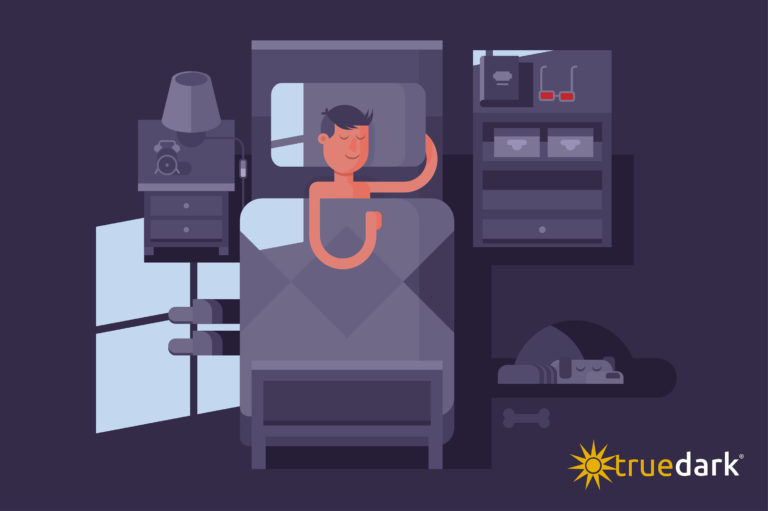The Ultimate Guide to the Best Sleep Ever
Facebook
Twitter
LinkedIn
Pinterest
Be mindful of your caffeine intake.
Caffeine happens to be the world’s most popular drug, and it’s found in all of your favorite beverages (such as coffee, soda, and energy drinks). This substance is classified as a stimulant because it promotes alertness and blocks the (adenosine) neurotransmitter in your brain in order to keep you from feeling sleepy. More specifically, caffeine:
- Blocks adenosine. Adenosine is an important hormone that helps regulate sleep. Over the course of the day (waking hours), adenosine will build up in the brain, which inhibits the neurons in the brain and results in the sensation of feeling tired. When you drink caffeine, you’re essentially fooling the adenosine receptors in the brain, which causes you to feel more awake and focused.
- Increases dopamine. Dopamine is a neurotransmitter that helps send pleasure signals in the brain. This increases alertness, and may contribute to why caffeine is so habit-forming.
- Suppresses melatonin production. Melatonin is a hormone that also helps regulate sleep/wake cycles. The pineal gland naturally produces melatonin that your body needs in order to sleep at night. Because caffeine stays in your system anywhere from 6-8 hours, you may not feel the effects right away, but it can certainly affect your body’s ability to produce melatonin.
Note: when you consume caffeine daily, it becomes less effective as a stimulant because your body will build up a tolerance to it over time.
Many sources suggest that 400 mg of caffeine is safe and healthy for most adults to consume daily . This is equivalent to about 4 cups of coffee (or 10 cans of soda, or two energy shots). Unfortunately, there is such a thing as consuming too much coffee and, or caffeine. Possible adverse effects include:
- Restlessness
- Fast heartbeat
- Anxiety
- Dizziness
- Insomnia
- Upset stomach
- Irritability
Studies show that caffeine can remain in your system for an average of five hours, but it depends on your personal sensitivity to caffeine. Put this into perspective as your as you’re thinking about how to calm your body down enough to go to sleep at night on a regular schedule. The American Academy of Sleep Medicine recommends that if you are going to consume caffeine, then you should stop doing so at least six hours before bedtime. So if you go to bed at 9:00 p.m., you should have your last round of caffeine no later than 3:00 p.m.
Completely “blackout” your bedroom at night.
Other sleep hacks to try





Newsletter Signup | FAQs | Contact Us | Blog | Careers
Join Our Affiliate Program | Privacy Policy | Terms and Conditions | About Us
© 2018 TrueDark®, All rights reserved.




